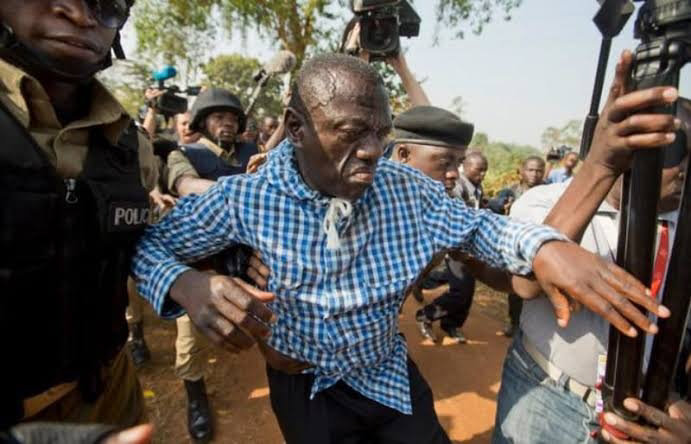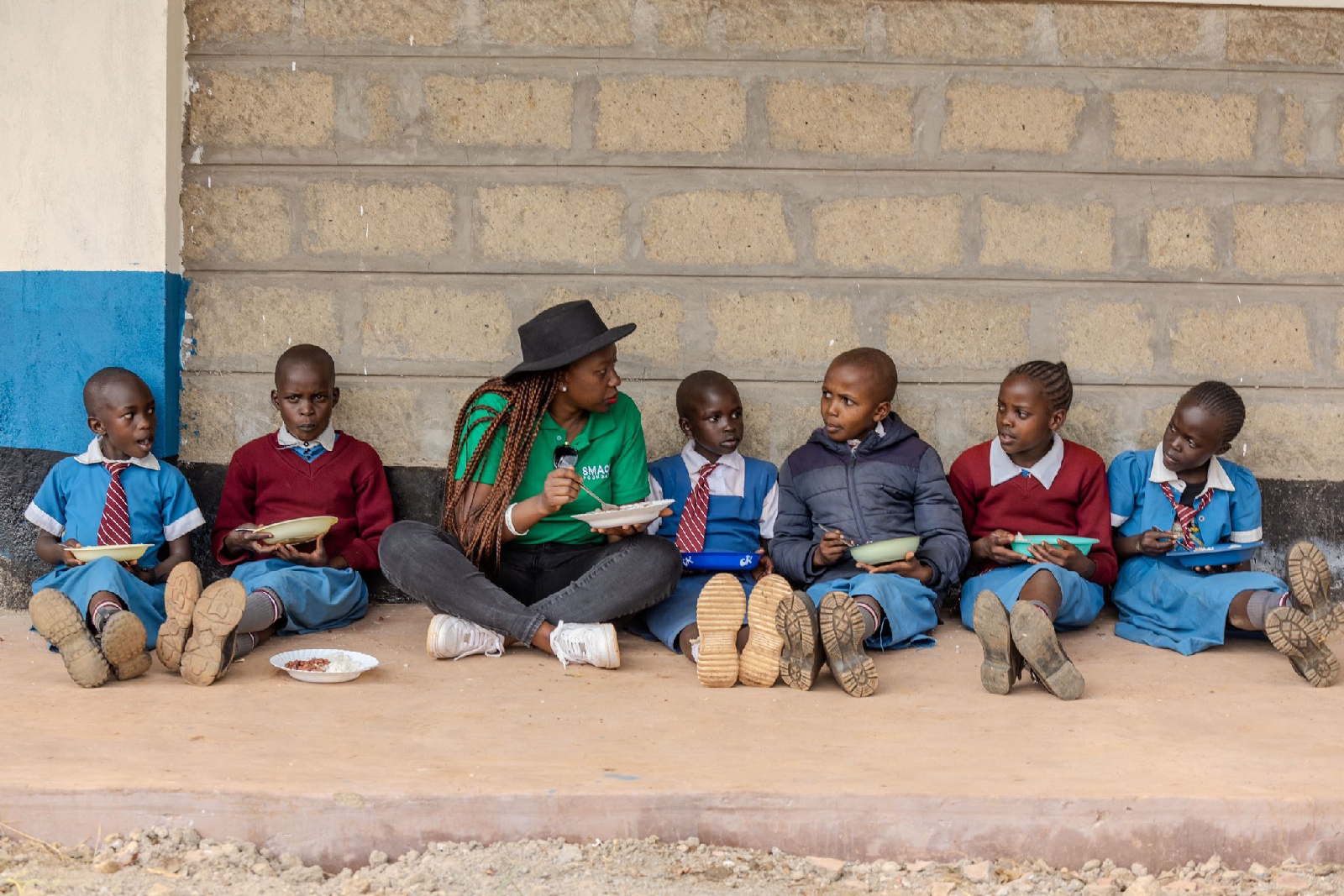The Power of Apology in Leadership: Why Kenyan Leaders Should Follow Gachagua's Example
In any political landscape, leaders are often faced with challenging circumstances where they need to address public sentiment, repair fractured relationships, and inspire trust among their electorate. The Kenyan political scene, rife with power struggles and public discontent, is no exception. One recent example of how a leader can navigate these turbulent waters with grace and humility is Deputy President Rigathi Gachagua, who publicly apologized on behalf of his family, colleagues, and even himself—despite having done no wrong.
Gachagua’s decision to issue a heartfelt apology, even when there was no direct wrongdoing, is an act of leadership that Kenyan politicians can learn from. It reflects a deep understanding of leadership responsibility and how to build bridges between people. His apology sets a precedent in modern Kenyan politics, suggesting that humility and reconciliation are crucial tools in fostering unity and healing.
Gachagua’s Unprompted Apology: A Lesson in Humility
Deputy President Gachagua’s apology was not a result of a personal scandal or a political blunder. Rather, it was an acknowledgment that, in the complexity of governance and leadership, there may have been instances where, unknowingly, he or his associates could have hurt others. By apologizing publicly, he extended an olive branch to his boss, President William Ruto, his fellow politicians, and even the electorate.
This act of humility was not about guilt; it was about demonstrating responsibility. In a political environment where pride and ego often dominate, Gachagua’s gesture serves as a reminder that leaders do not always need to wait for an obvious mistake to show contrition. Apologies, even in the absence of clear wrongdoing, can help diffuse tension, foster trust, and create a pathway for constructive dialogue.
The Importance of Apologizing in Leadership
Apologizing is often seen as a sign of weakness in politics. However, in reality, it can be a powerful tool for demonstrating strength, accountability, and emotional intelligence. When a leader steps forward to apologize, they are acknowledging their human fallibility and showing the public that they prioritize the well-being of the nation over their personal pride.
In Kenyan politics, where divisive rhetoric and blame-shifting are often the norm, Gachagua’s example offers a refreshing alternative. Leaders who apologize—even when they aren’t directly at fault—demonstrate their commitment to unity and reconciliation. It shows that they are willing to put the interests of the people first, recognizing that political disagreements and conflicts often arise not from malicious intent but from misunderstandings, differing perspectives, or the complex nature of governing a diverse country like Kenya.
Political Apologies as a Path to Reconciliation
Kenya’s political history is marked by periods of tension, particularly following elections. Apologies, like the one Gachagua delivered, can be instrumental in mending relationships between political factions and between leaders and the public. While some may view his apology as unnecessary, it is precisely this proactive approach that can help ease the mistrust that often exists between the electorate and their leaders.
For example, after the 2007-2008 post-election violence, there was a national call for healing and reconciliation. Yet, many felt that some political leaders were slow to acknowledge their role in either escalating tensions or failing to prevent the violence. Had more leaders come forward to apologize and seek forgiveness, the healing process might have been faster and more effective. Gachagua’s gesture demonstrates that apologies do not have to be tied to immediate crises—they can be used as preventative measures to maintain peace and harmony.
Why Other Leaders Should Follow Suit
The act of apologizing, even when one feels there is no specific wrongdoing, is a powerful expression of humility and leadership. Other Kenyan leaders can benefit from adopting this mindset. Apologies can help ease political tensions, repair fractured relationships, and restore public trust—assets that are crucial in a country like Kenya, where political stability and unity are essential for national progress.
Leaders such as governors, MPs, and even cabinet secretaries should follow Gachagua’s example by occasionally taking stock of their actions and the broader consequences of their leadership. By stepping forward to apologize, they can show their commitment to the nation’s well-being and foster an environment of respect and mutual understanding. This would create a political culture where reconciliation and forgiveness become more important than perpetuating grudges or blaming others for perceived failures.
Gachagua’s act of apologizing despite no wrongdoing demonstrates the power of humility in leadership. Apologies are not about admitting guilt but about acknowledging that, as leaders, they hold a unique responsibility to ensure harmony, trust, and unity among the people. If more Kenyan leaders embraced this approach, the nation would see a reduction in political tensions, greater trust between leaders and citizens, and an overall healthier political atmosphere. By following Gachagua’s example, Kenyan politicians can set a new standard for leadership—one where humility and reconciliation are at the heart of governance.




Comments
Post a Comment